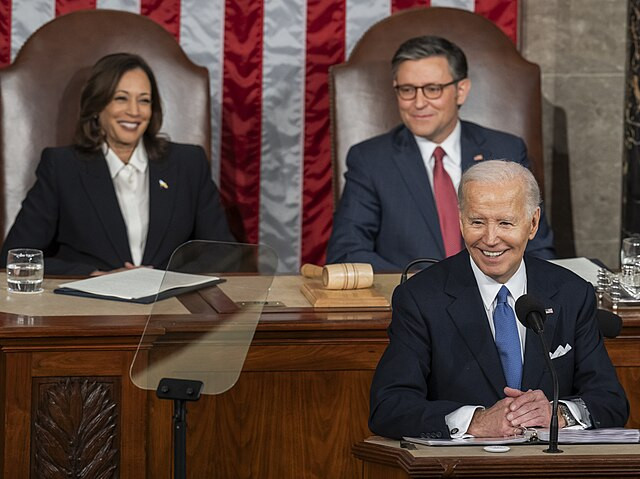President Joe Biden has acknowledged that he did not personally approve the names of every individual who received clemency during his administration, revealing that his chief of staff, Jeff Zients, authorized the use of an autopen for mass pardons and commutations in the final months of his term. The revelation, detailed in a recent New York Times interview and confirmed by emails obtained from Biden's last days in office, has reignited partisan debate over the legitimacy and transparency of the outgoing president's final executive actions.
In the interview, Biden insisted, "I made every decision" about clemencies during his presidency, but admitted he delegated the signature process to aides for logistical reasons. "We're talking about a lot of people," Biden said, referring to the thousands of commutations and pardons issued in December and January. The former president's staff used the autopen-an automated device that replicates his signature-on at least 25 warrants, including two that covered thousands of inmates.
Among the sweeping last-minute acts: on December 12, Biden commuted approximately 1,500 sentences and pardoned 39 individuals. Just three days before leaving office, he commuted the sentences of nearly 2,500 federal inmates convicted of crack cocaine offenses. In all, Biden granted 4,245 acts of clemency, 96% of which were issued between October 2024 and January 2025, according to the Pew Research Center.
The process for these mass pardons relied on standards pre-approved by Biden, according to sources and internal correspondence. Aides compiled rosters of eligible individuals based on these criteria, with the final lists approved by Zients. In an email sent at 10:31 p.m. on January 19, 2025-the last night of Biden's presidency-Zients wrote: "I approve the use of the autopen for the execution of all of the following pardons." Staff secretary Stefanie Feldman was responsible for managing the device, using "blurbs" from aides as confirmation that Biden had approved the action.
White House officials have defended the process, noting that the autopen has been used in prior administrations, including Trump's, for time-sensitive or high-volume official documents. Biden also pointed out his personal involvement in high-profile pardons, telling the Times he "wanted to make sure" Gen. Mark Milley, former chairman of the Joint Chiefs of Staff, received clemency out of concern for "what Trump would do."
The controversy has become a flashpoint for Republicans and the Trump campaign, who allege that Biden's reliance on staff-and on the autopen-was a cover for declining mental acuity and a lack of direct oversight. House Oversight Committee Chairman James Comer (R-Ky.) has launched an inquiry into whether White House aides concealed the president's decision-making capacity, and the Justice Department is investigating potential abuse of the autopen.
Trump, now back in the White House, has been vocal in his criticism. On the "Pod Force One" podcast, Trump claimed, "That's a crime to do that to the country. I really believe it was a crime because I don't think he knew he was doing it. I think that people took over the autopen. They got things signed that shouldn't have been signed." He added, "They are criminals, and what they did to our country should never be forgotten."
In response, Biden has accused his opponents of distorting the facts for political gain. "They're liars. They know it. They know, for certain," Biden told the Times. "The best thing they can do is try to change the focus and focus on something else."
The White House has confirmed that Ed Martin, head of an anti-weaponization working group, is separately probing whether Biden's use of the autopen was exploited by aides. Meanwhile, the administration has maintained that all clemency standards were set by the president and that "trustworthiness" remains central to Biden's legacy, despite partisan attacks.





